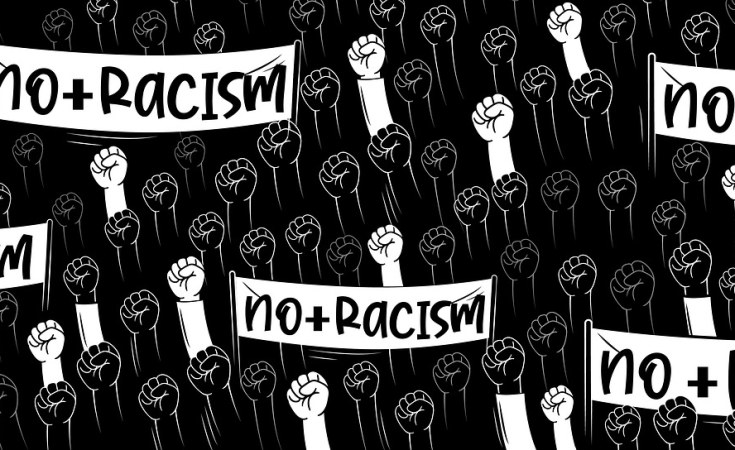The National Aids Commission (NAC) has called on the government here to repeal all existing HIV-related discriminatory laws, regulations, and policies.
NAC also called on the government to ensure that 90% of persons living with HIV and members of the key population have access to justice and can challenge rights violations.
The commission urged that no new HIV-related-discriminatory laws, regulations, or policies should be passed.
Speaking at a news conference Monday, 28 November 2022, NAC Chairperson Theodosia S. Kolee said in observance of this year's World AIDS Day, the commission calls on policymakers, state actors, and partners to take bold, deliberate, and strong political actions if they must end AIDS by 2030 to increase availability, quality, and suitability of services, for HIV treatment, testing, and prevention, so that everyone is well-served.
"We must reform laws, policies, and practices to tackle the stigma and exclusion faced by people living with HIV and by key and marginalized populations so that everyone is shown respect and is welcomed," the NAC boss said.
She noted that as part of the global community, they have only eight years left before the 2030 goal of ending AIDS as a global health threat.
As such, she said economic, social, cultural, and legal inequalities which undermine their efforts must be addressed as a matter of urgency.
"In a pandemic, inequalities intensify the dangers for everyone, the end of AIDS can only be achieved if we tackle the inequalities which drive it," she argued.
"Our policymakers and state actors need to act, and all of us, everywhere, must do all we can to help tackle inequalities too. We must change our attitudes toward people infected and affected by HIV, especially key and vulnerable populations."
Furthermore, she explained that to translate commitments into measurable policy change and programmatic interventions that result in the enjoyment of HIV-related rights by all in goal one of the NSP, Liberia needs to Scale up HIV treatment to reach the 95-95-95- level for persons living with HIV.
She said Liberians need to eliminate mother-to-child transmission of HIV to less than 2%, scale up HIV combination prevention to reach 90% of the general population, and Scale up HIV interventions to reach 60% of the estimated key population.
In a quest to reduce stigma and discrimination against persons living with HIV and key populations, she said Liberia has planned certain activities for this year's World AIDS.
They include a round table dialogue on the reduction of stigma and discrimination in ensuring zero new HIV-related discriminatory laws.
They also include regulations and policy existence, and the launch of a US$1 rally to raise domestic funding to address gaps identified in the National Strategic Plan implementation.
Further, she mentioned mass media awareness to enlighten Liberians that HIV is still here, and remains a threat to the country's health, economic, social, and political sectors and community.


